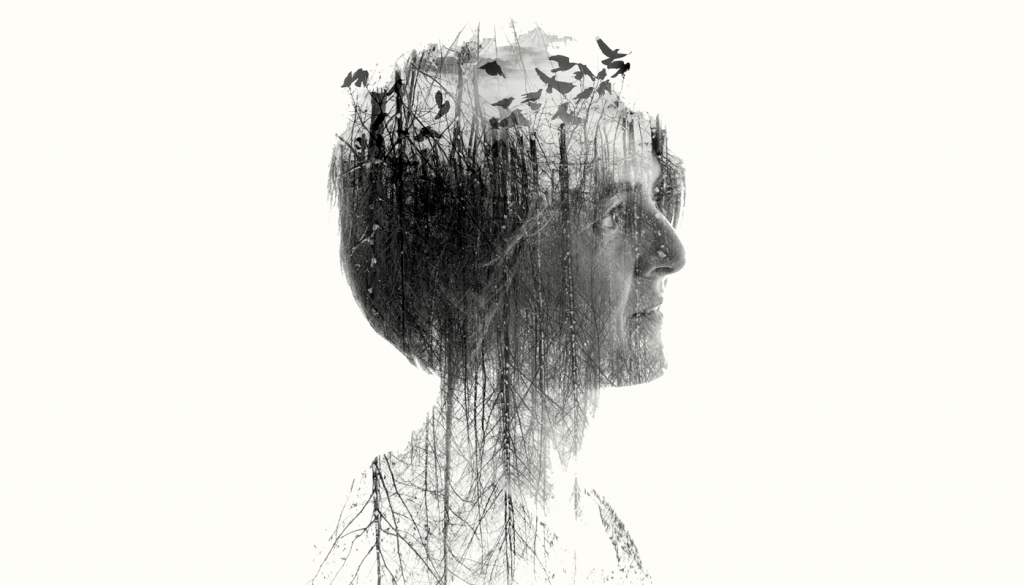Resistance


Wind Resistance is a glorious multi-textured mix weaving song and story-telling, but essentially it is a homage to place and belonging.
The script is rich in language with liberal use of Scots and Gaelic. But this is done effortlessly reminding us of what we lose when we lose language especially a language that connects us with place and is rooted in the natural world. She tells us: “In Gaelic, the word for skylark is fosg. It means, literally, open space, including the space above us. When I go to Fala Moor, I get filled up with space.”
Birds flit in and out of the play as we meet and hear pink-footed geese, skylarks, grouse and barn owls.
An album accompanies the production, ‘A Pocket Of Wind Resistance’ is the follow-up to her 2012 Scottish Album of The Year-nominated ‘Traces’, one of a series of collaborative projects from Polwart which combine elements of song with politics, ecology and science but with wit and heart and grace. She is an artist drawing on the Scots generalist tradition.
After her 2005 debut ‘Faultlines’, Polwart collaborated on the‘The Darwin Song Project’ in 2009 and last year’s ‘Songs Of Separation’ with Eliza Carthy, alongside ‘Sea Change’ in 2013, written as a response to climate change, and climate change is a background threatening theme in this work too. Karine has also worked with RM Hubbert, co-written with members of Portishead, and co-directed James Robertson’s ‘Pilgrimer’ production.
As she points out this is another collaboration working closely with sound designer Pippa Murphy who brings incredibly clear natural sound to the theatre. The quality of production brings the sharpness of Fala Moor to the theatre. In fact the meta theme underlying all of the diversity of stories she is telling is not just about the wonder of collaboration but the need for collectivism. This is a story about loss about love and death, about biodiversity and extinction. But if we are to escape and survive our predicament warns Polwart the only way out will be to re-learn collectivism: Socialism or Barbarism.
A crow is only a crow when it is on it’s own. As soon as it joins other crows it becomes a Rook. Polwart’s message is we have been crows too long.
This unique elegy – a tale of birdlore, sanctuary, maternity, goose skeins, and Scottish football legend deserves a longer run than its getting. Catch it while you can. You will be enchanted.
Order your copy of the new album here.

Heartbreaking and exhilarating. A brilliant evocation of where we are now, the more powerful for the understated compassion which runs through it.
Dinnae miss it!
Karine has created and shared something very special with us, I have seen this twice now, its got everything I love in it, she is a clever lassie and she sees the world and describes it beautifully.
Great review. But. Steady on. ‘A crow becomes a rook’? Living near a family of crows, I note they are intelligent, at times amusing, and very social. They sometimes spend time with rooks but don’t interbreed. They are separate species, sharing some characteristics. Regrettably, I’ve not had the opportunity to see ‘Wind Resistance’ but I can’t believe KP said crows could be rooks. Let me know if I’ve missed a point which was intended to be metaphorical or ironic. Maybe I’m a dinosaur. But on balance let’s start with facts! 🙂
No she didn’t say that I did. A rook is a type of crow. On its own its called a crow, en mass they’re rooks. Its just about being singular or collective.
Nice review:) I wondered if I had somehow missed singular crows and multiple rooks, but Karine certainly wove in a strong message about collective strength (though surely not better together?)